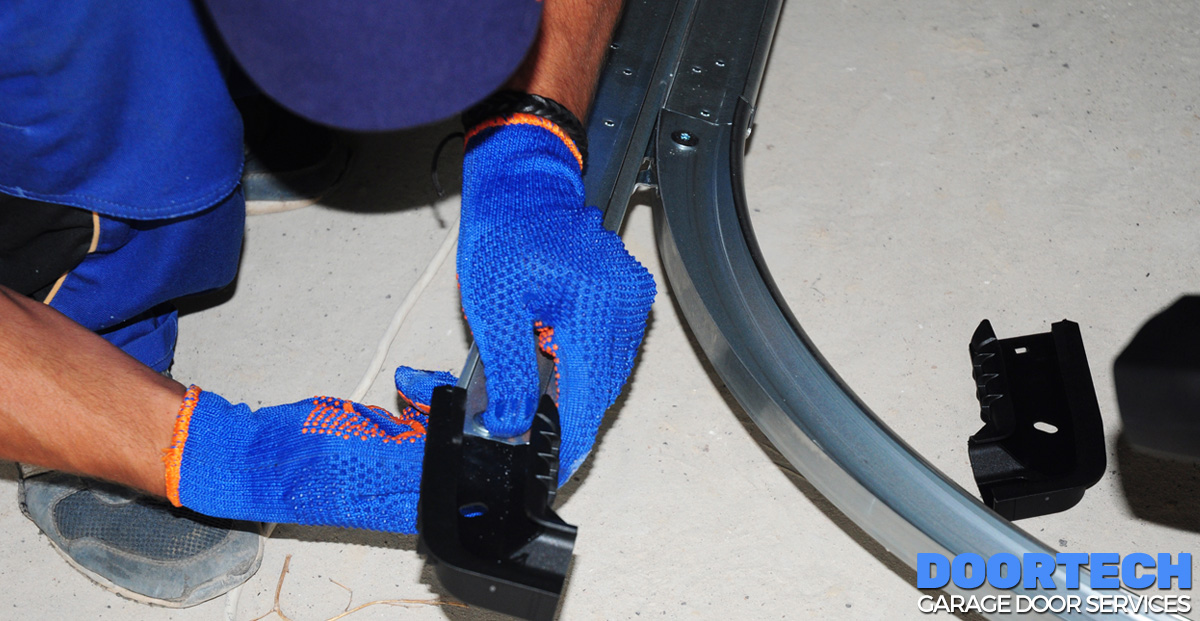 Broken garage door – Imagine what will happen if your garage door refuses to close just when you are about to leave for work; what do you do? Would you leave it ajar, abandoning your home to outside elements and unwanted visitors?
Broken garage door – Imagine what will happen if your garage door refuses to close just when you are about to leave for work; what do you do? Would you leave it ajar, abandoning your home to outside elements and unwanted visitors?
I hope that clarifies the actual function of a garage door. It is not just a daily convenience installed to get you and your car in and out of your house quickly and comfortably; it is also a critical security feature of your home.
Ensuring it runs smoothly and reliably keeps your home and family safe and private. However, the reality is that a garage door, like all machines, suffers wear and tear and breaks down from time to time. The only way to stay ahead of an uncomfortable – and possibly dangerous – experience is to understand and identify common problems and take appropriate mitigating action sooner rather than later.
Reasons That Lead To A Broken Garage Door
Several common causes can lead to a broken garage door. Here are some of the most typical issues:
Broken Springs
The most common reason for a broken garage door is broken or damaged garage door springs. A crucial component of the door, the springs, are used to counterbalance the door’s weight; without them, it may become difficult to open or close properly.
Garage door springs can break due to the following:
- Rust can build up over time without adequate and regular lubrication. Rust can lead to breaking down the structure of steel springs, and the resulting weakness will ultimately cause the spring to snap – leaving the door stuck in limbo.
- We can also blame broken garage door springs on dirt, grime, and debris in the tracks, which can block the roller and jam the spring. Unable to either release its energy or coil up and store more energy, the springs get stuck and must be changed.
Damaged Cables
Garage door cables work with the springs to move the door. And a snapped cable can very easily be the source of your broken garage door.
Electric Malfunctioning
If the garage door opener malfunctions due to electrical issues, faulty wiring, or motor problems, it can prevent the door from opening or closing. Naturally, you can disengage the automatic opener and work the garage door manually, but that is hardly convenient.
Lack of Maintenance and General Wear and Tear
All machinery loses structural integrity over time and with constant use. However, regular maintenance is crucial for a garage door’s longevity and smooth operation. It is almost like a car; you must service, lubricate, clean, and constantly troubleshoot to ensure the garage door gives long and reliable service. It requires maintenance for the springs that bear the maximum load of the whole door and must be protected against rust to keep it strong.
Misaligned Tracks and Worn Rollers
The tracks can become misaligned over time and can cause the door to get stuck. The rollers that keep the door sliding on the tracks can also wear out and lead the door to operate unevenly.
So How Can You Avoid These Common Causes for A Broken Garage Door?
The solution is simple! You cannot discount the natural wear and tear that an in-demand piece of machinery is prone to; however, you can ensure that the life of your garage door is not cut short due to negligence or inattention. Here are some garage door mantras you need to know by heart:
- Pay attention to strange noises (such as squeaking, scraping, etc.) that might be out of the ordinary.
- Replace broken parts immediately. This is especially true for springs. Don’t scrimp on changing broken or damaged springs; install new ones as soon as possible.
- Schedule routine maintenance with a trusted vendor or technician. Ensure all issues are dealt with professionally as soon as they crop up.
Garage doors are built for heavy lifting and are, by design, incredibly durable and robust. However, everything has an expiration date, and when the clock runs out, they must make way for a newer model. By no means does this mean you can’t get a full 20 years from your garage door; take care of it, and it will take care of you and your family.
